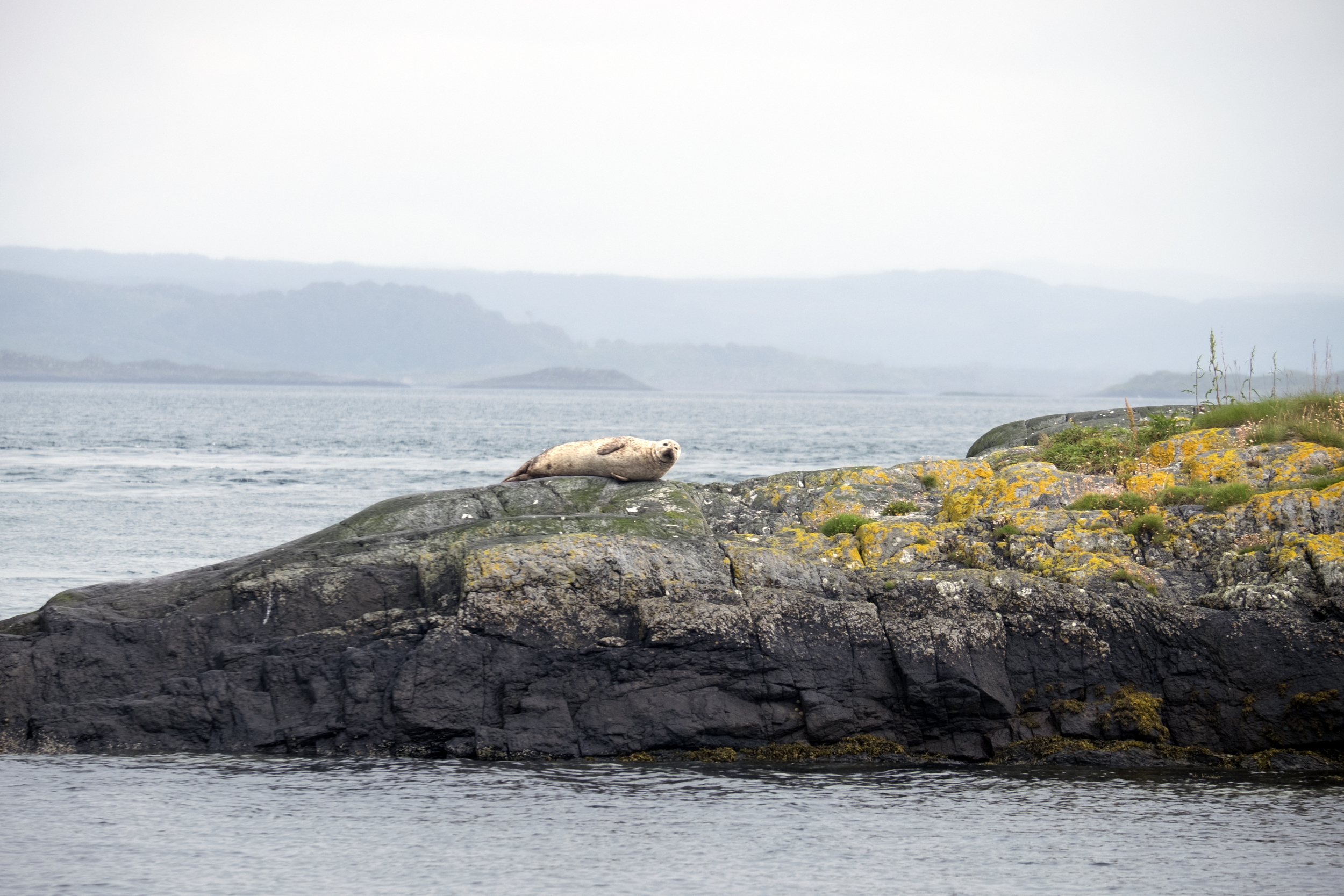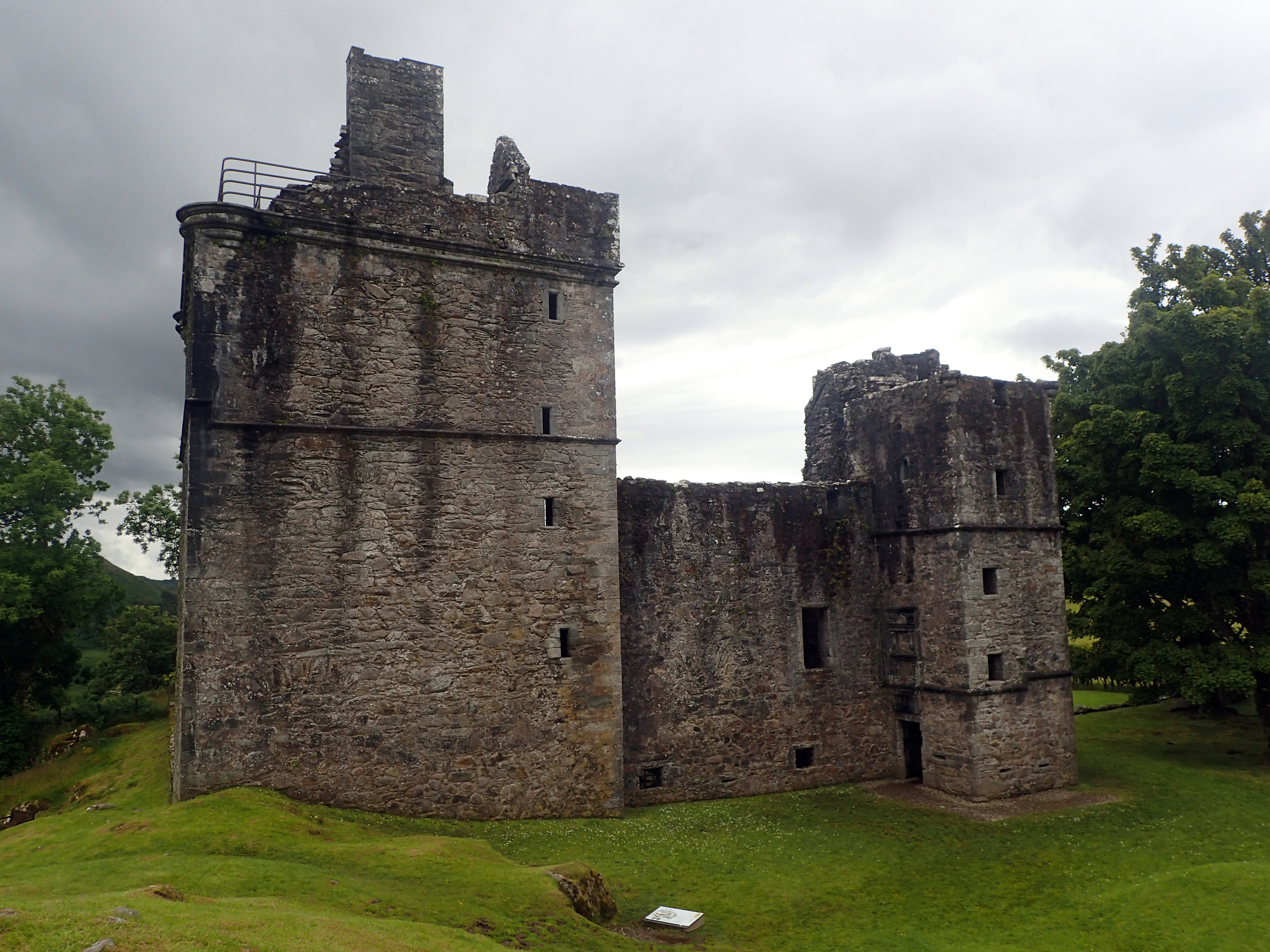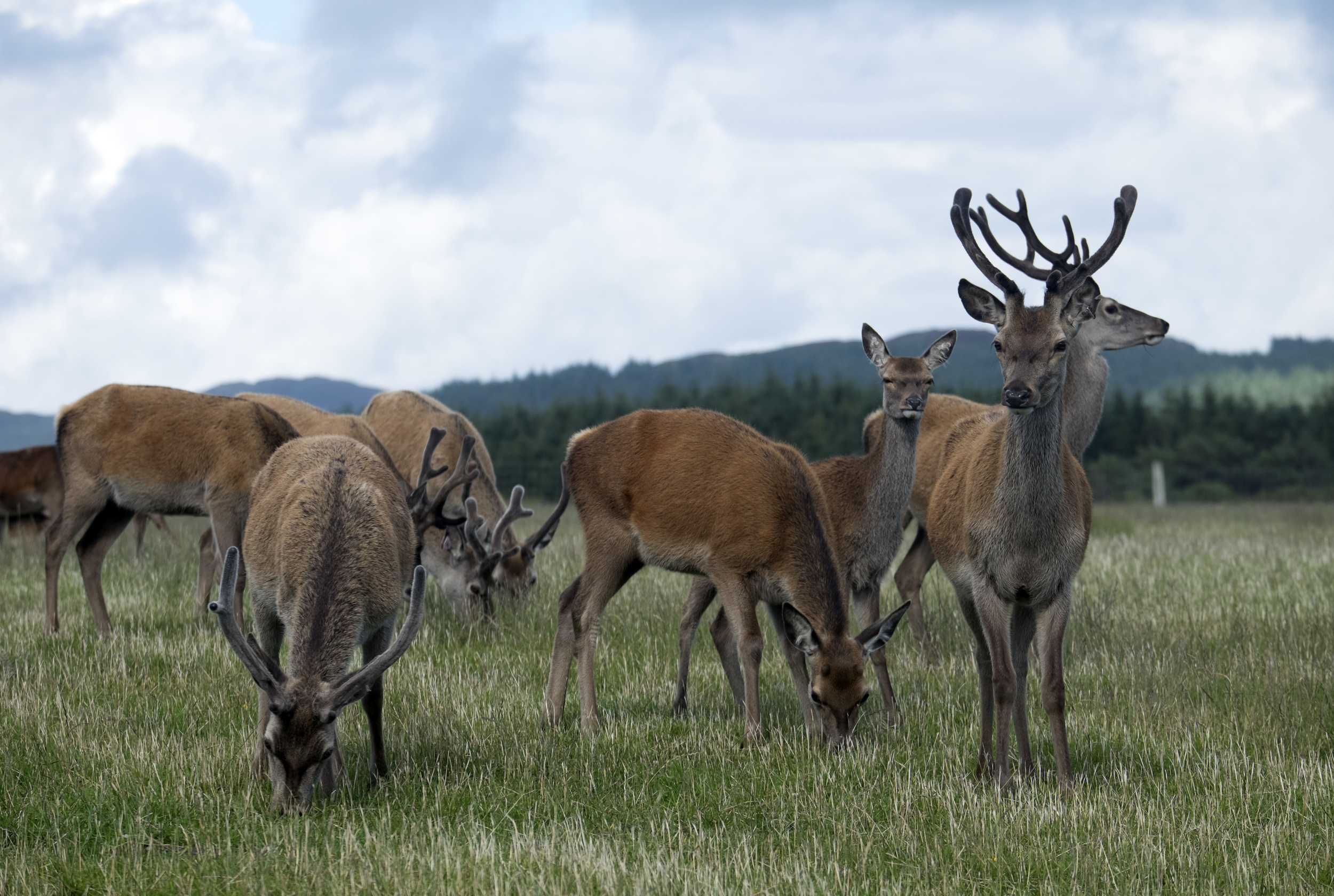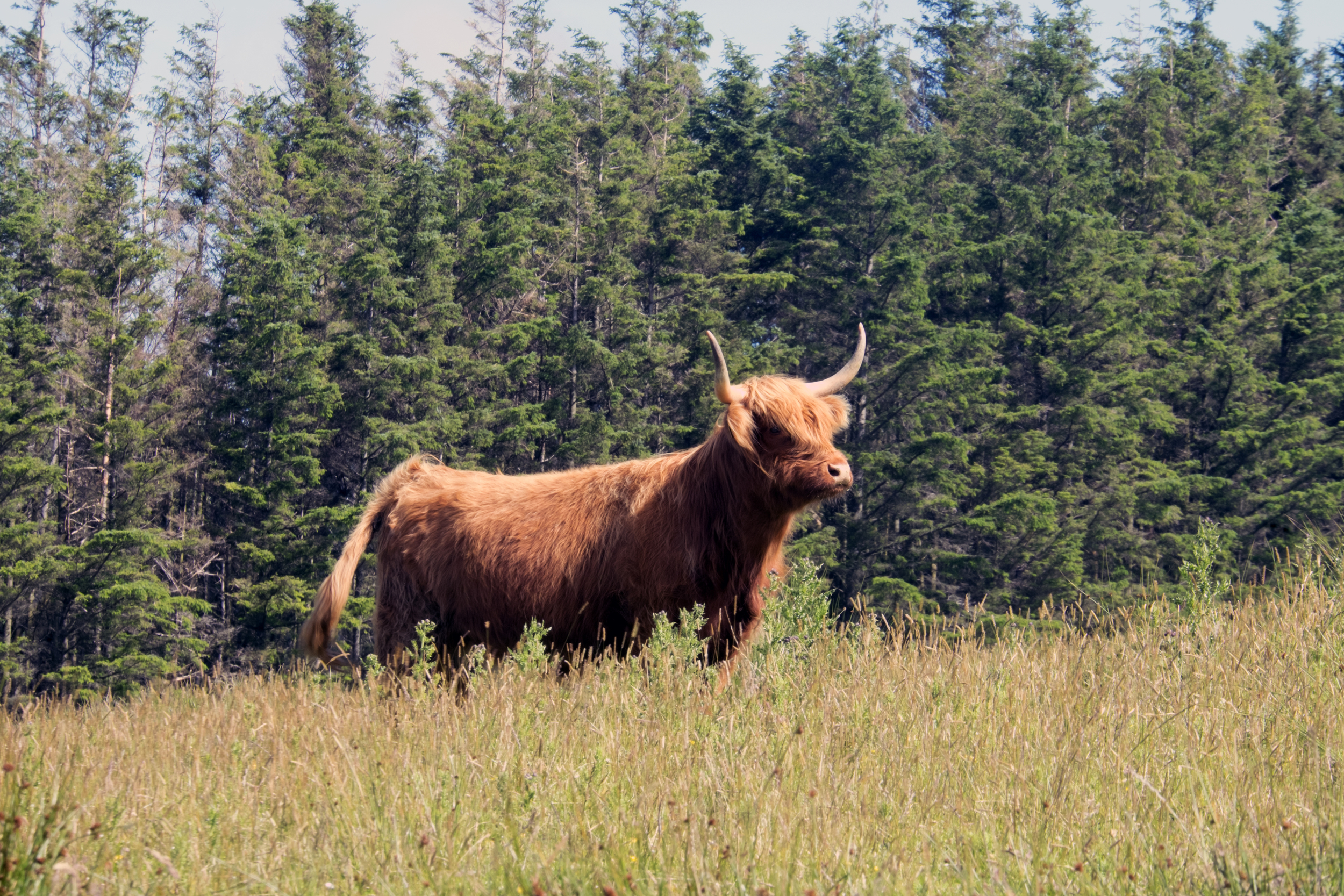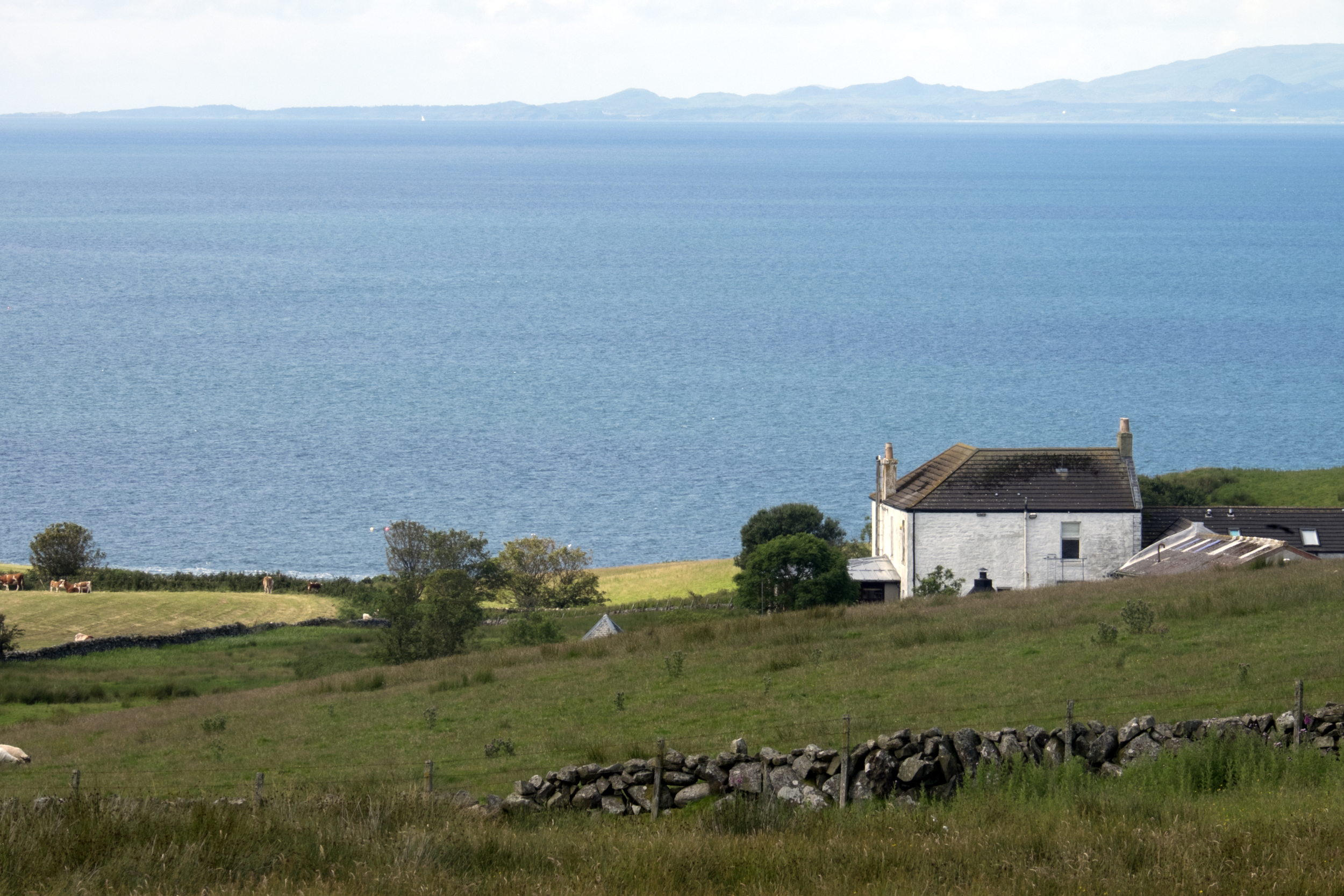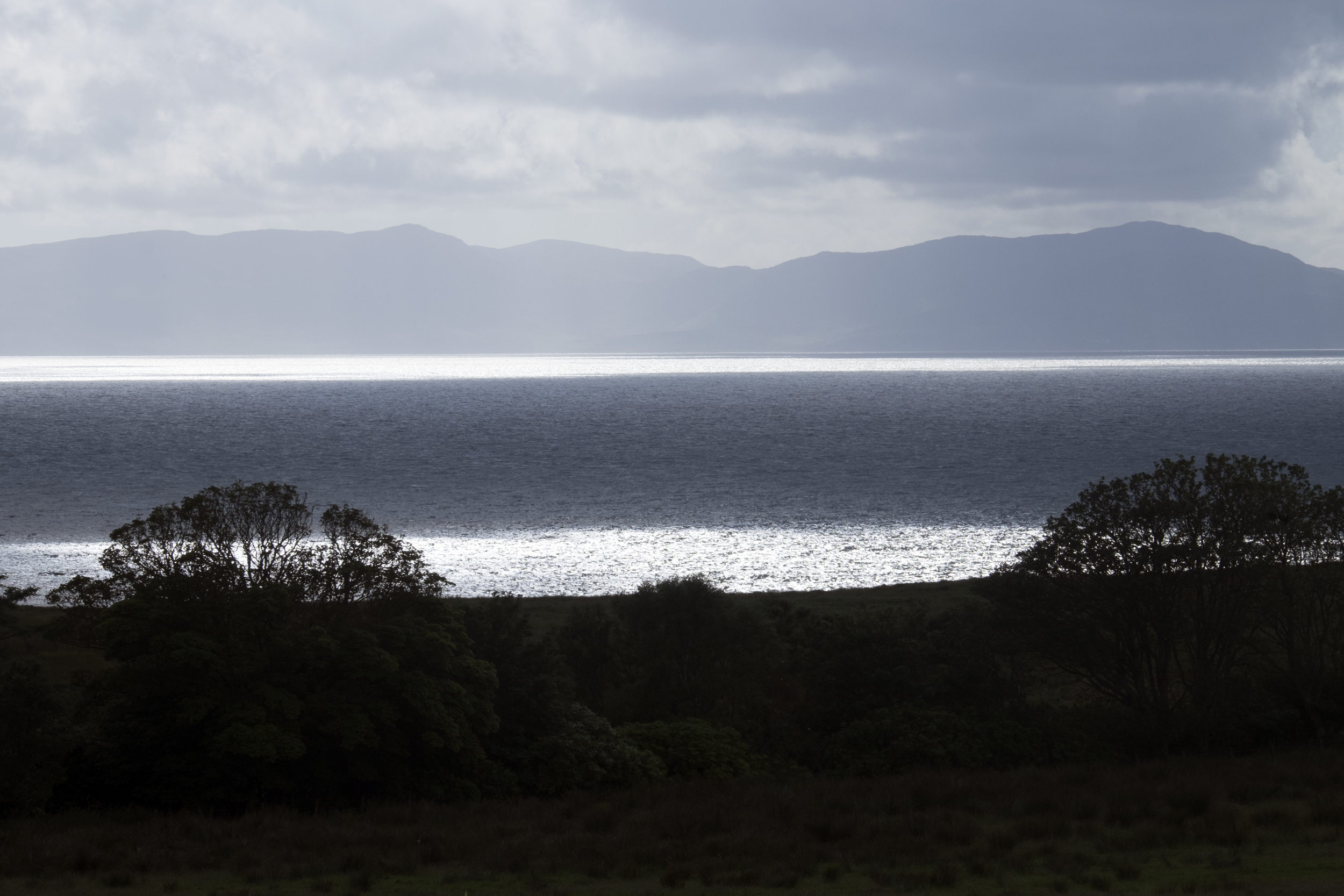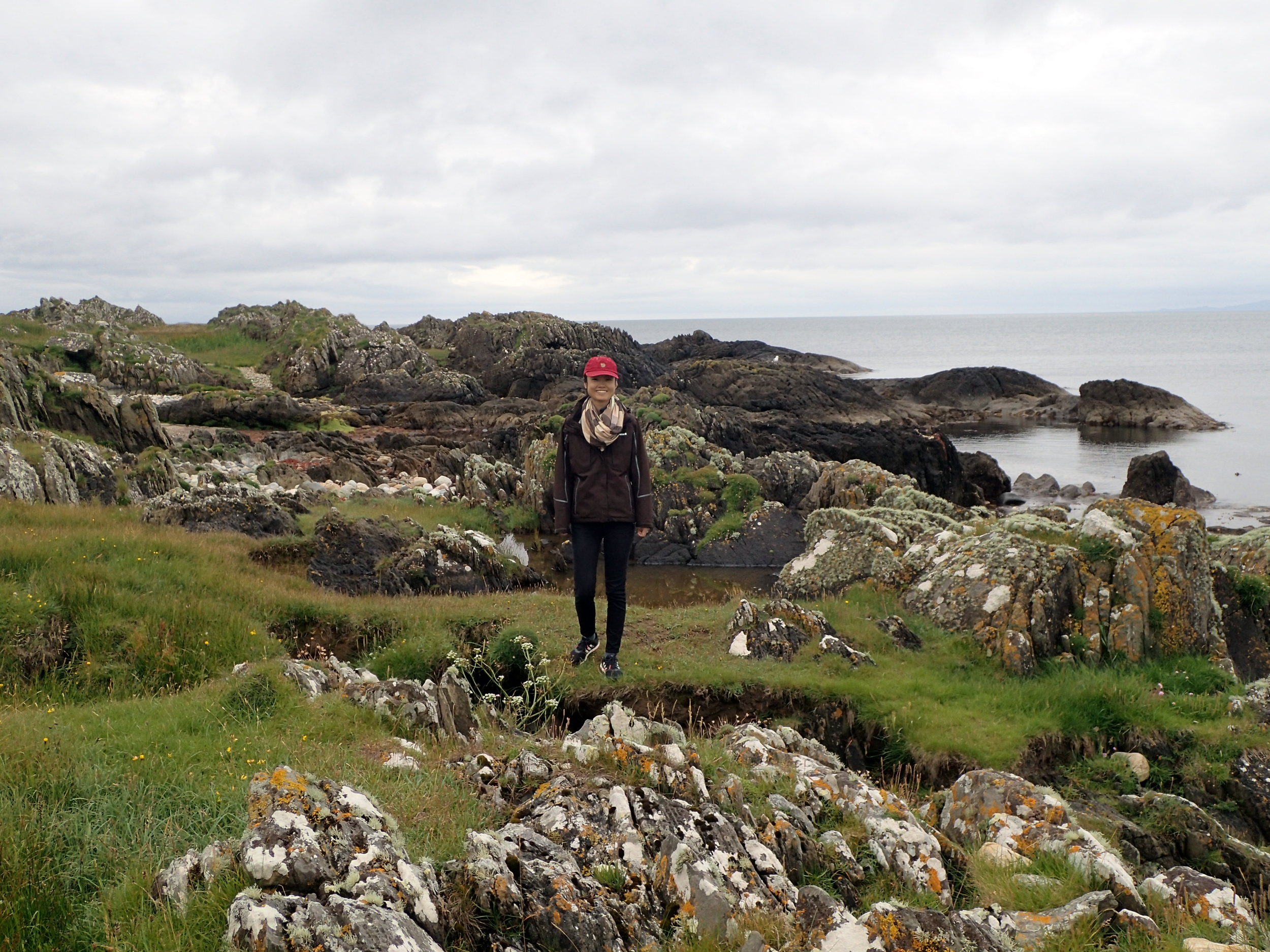We have spent 6 weeks in Great Britain (not really that great), also called the United Kingdom (neither really a kingdom, and not united at all). For that period we have been splitting the time of our stay about equally into a hideaway period in Western Scotland and a very active one in London. In the latter, Feibai joined a Summer School at The London School of Economics (LSE) for qualitative research methods. It is very interesting and being a "number person" and seeing how artificially sometimes quantitative methods are applied to problems in social sciences and business. Good to learn more about better methods that make sense of data which does not mathematically add up. I spent most of my London time in the Royal Geographic Society (RGS) and worked in the reading room, or strolled around the University Campuses, where during the summer break I often had the library nearly for myself. In a lively and vibrant city like London, you need to know your islands of solitude. Otherwise it gets tiring. London is a great cultural place and one of my favorite cities. But we only like visiting it, and living not here.
St. Paul's from Tate Modern. Our first neighborhood in London.
We also spent 2 very remote weeks in Kilberry, in an old stone cottage called The Gables. It is located North of the Mull of Kintyre in West Scotland, and was part of the Kilberry Estate, which still has the remains of a castle. It is a wonderful place with a rough coast line. No no sand beach, few tourists, no mobile phone network, no internet. The next grocer is a 20 kilometer drive to the South. That's what I call being offline. But there are dolphins, seals, and even whales, in a beautiful and wild landscape. We enjoyed that a lot. It was nearly like a retreat. Also we spent a week in Glasgow, for ambulating on paths of memories when I did field work there in the Motherwell coal mine, about 25 years ago. The mine is closed. But Glasgow has still the same character of a broken city. When the retailers become the largest employers, that usually is the end. And that's what it is there: my true and only friend, the end.
